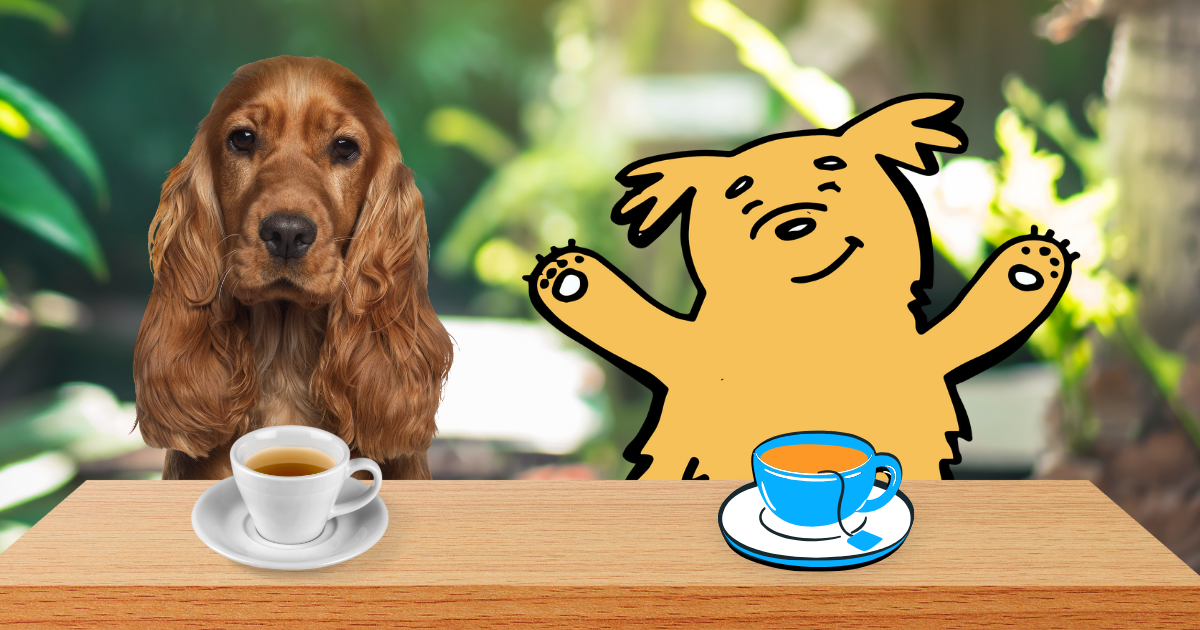
Can Dogs Drink Tea? Exploring the Canine-Friendly Brews
October 06, 2023Humans have enjoyed tea for centuries, prized for its soothing and diverse flavors. With countless variations available, from black and green to herbal and fruity infusions, it's natural to wonder whether our furry friends can partake in this age-old beverage. As responsible pet owners, it's essential to understand which types of tea are safe for dogs and which should be avoided. In this article, we'll dive into tea and explore whether dogs can enjoy a cup alongside their human companions.
The Basics: What's in Tea?
Tea is primarily made from the leaves of the Camellia sinensis plant. Depending on the processing methods, tea leaves can be turned into various types, such as black, green, white, and oolong tea. On the other hand, herbal teas are crafted from multiple plants, flowers, and herbs and often contain no tea leaves.
Can Dogs Safely Consume Tea?
The answer to whether dogs can drink tea is nuanced. When prepared correctly and in moderation, some types of tea can be safe for dogs to consume. However, it's important to note that tea should never replace your dog's primary source of hydration, which should be fresh, clean water.

Herbal Teas
Many herbal teas, such as chamomile, peppermint, and ginger, are generally considered safe for dogs in moderation. These herbal infusions can offer potential health benefits, including soothing upset stomachs or aiding digestion. Always ensure the tea is caffeine-free and contains no additional additives that might harm your furry friend.
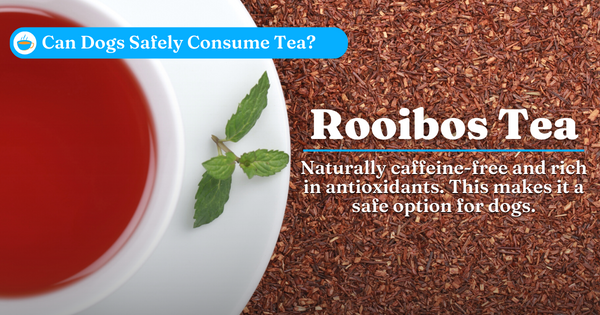
Rooibos Tea
Rooibos tea, derived from the leaves of the Aspalathus linearis plant, is naturally caffeine-free and rich in antioxidants. This makes it a safe option for dogs; some pet owners even use it to treat or mix with their dog's food.
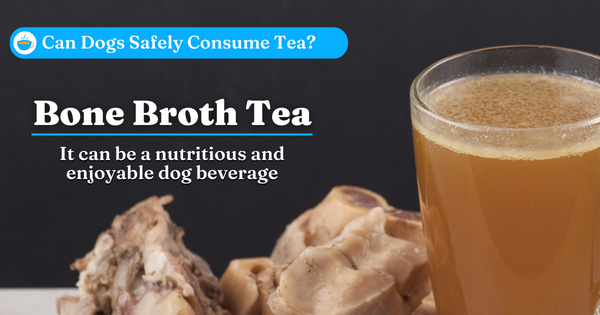
Bone Broth Tea
While not a traditional tea, bone broth can be a nutritious and enjoyable dog beverage. It provides essential nutrients and can make a tasty "tea" by diluting it with water.
Teas to Avoid Giving Your Dog
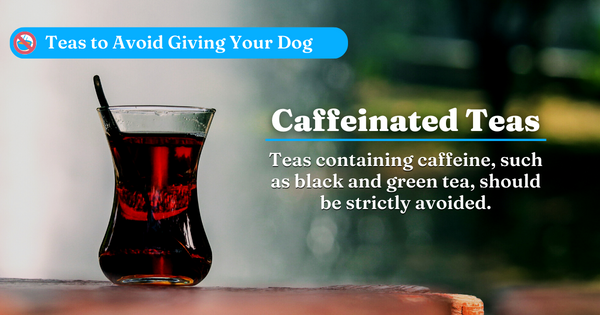
Caffeinated Teas
Teas containing caffeine, such as black and green tea, should be strictly avoided. Caffeine can be toxic to dogs, leading to symptoms like restlessness, rapid heart rate, vomiting, and even seizures.
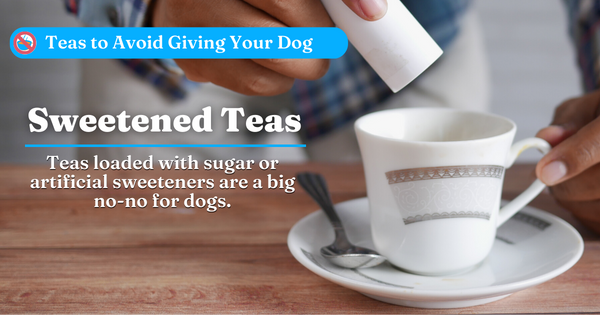
Sweetened Teas
Teas loaded with sugar or artificial sweeteners are a big no-no for dogs. Consuming too much sugar can result in obesity, dental complications, and other health concerns.
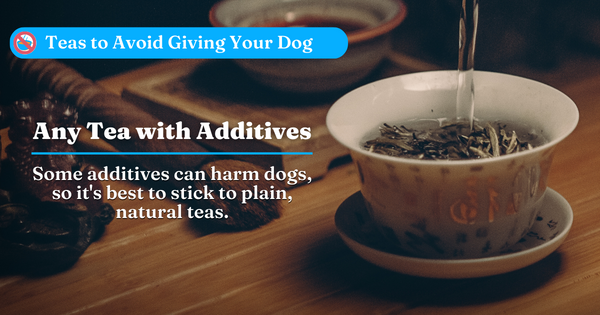
Any Tea with Additives
Teas containing additional ingredients, like spices, essential oils, or flavorings, should be approached cautiously. Some additives can harm dogs, so it's best to stick to plain, natural teas.
Dosage and Preparation Guidelines
When offering tea to your dog, it's crucial to follow proper dosage and preparation guidelines to avoid intoxication or other health issues. Here's how to do it safely:

Consult Your Veterinarian
Before introducing any new food or beverage into your dog's diet, including tea, consult your veterinarian. They can provide personalized advice based on your dog's health, age, and needs.

Choose Safe Teas
Stick to caffeine-free herbal teas or other safe options like rooibos tea or bone broth. Avoid teas with caffeine, artificial sweeteners, and additives.
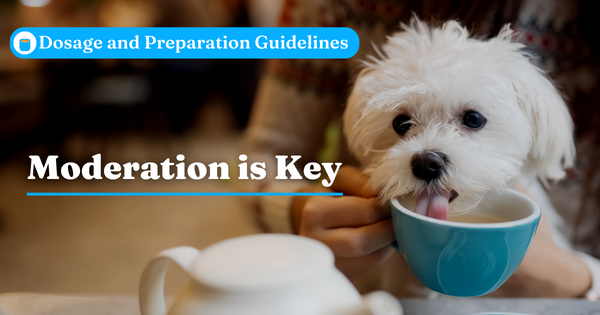
Moderation is Key
Just like with any treat, moderation is key. Introduce tea slowly and in small amounts to see how your dog reacts. Too much tea can upset their stomach.
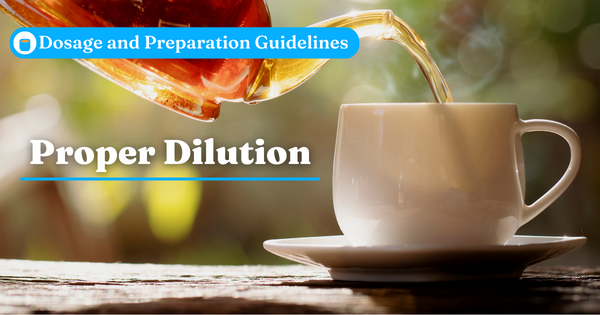
Proper Dilution
When offering tea to your dog, dilute it with water. A ratio of one part tea to two parts water is a good starting point for herbal teas.
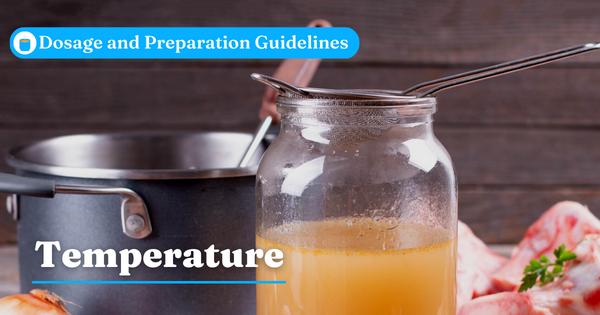
Temperature
Make sure the tea is at a safe and comfortable temperature for your dog to drink. Lukewarm or room temperature is ideal.

Avoid Sweeteners
Never add sugar, honey, or other sweeteners to the tea. Dogs don't need added sugar, and some sweeteners can be toxic.
Incorporating salmon oil for dogs alongside dog-friendly tea can provide a balanced nutritional boost. While tea offers relaxation and pleasure, salmon oil's omega-3 fatty acids can enhance skin and coat health, support joint and heart health, and bolster the immune system. This thoughtful combination ensures your furry friend enjoys a calming treat and long-term wellness benefits. Always consult your vet for personalized guidance on dosage and suitability for your dog's needs.
Conclusion
In conclusion, dogs can enjoy certain types of tea as an occasional treat, provided they are caffeine-free and free of harmful additives. Herbal teas like chamomile, rooibos, and bone broth "tea" can offer potential health benefits and a moment of shared relaxation between you and your furry companion. However, it's crucial to exercise caution and always consult your veterinarian before introducing new foods or beverages into your dog's diet. As responsible pet owners, we must ensure our four-legged friends' well-being, including making informed decisions about their dietary choices.
